-
×
 The Master Indicator 2023 By Lance Ippolito
1 × $101,00
The Master Indicator 2023 By Lance Ippolito
1 × $101,00 -
×
 iOS and Android HTML5 Apps for Beginners By Stone River eLearning
1 × $6,00
iOS and Android HTML5 Apps for Beginners By Stone River eLearning
1 × $6,00 -
×
 Advanced Primavera P6: Planning Construction Projects By Plan Academy
1 × $139,00
Advanced Primavera P6: Planning Construction Projects By Plan Academy
1 × $139,00 -
×
 9 Day Calendar Deep Dive 2023 By Jay Bailey - Sheridan Options Mentoring
1 × $31,00
9 Day Calendar Deep Dive 2023 By Jay Bailey - Sheridan Options Mentoring
1 × $31,00 -
×
 Photoshop CC For The Web By Stone River eLearning
1 × $6,00
Photoshop CC For The Web By Stone River eLearning
1 × $6,00 -
×
 Notion Hub - 21 Creators Ft Pascio - 100+ Templates - 15 eBooks - The Giga Brain
1 × $23,00
Notion Hub - 21 Creators Ft Pascio - 100+ Templates - 15 eBooks - The Giga Brain
1 × $23,00 -
×
 Web API - JavaScript Fetch getting JSON data Fun with APIs
1 × $6,00
Web API - JavaScript Fetch getting JSON data Fun with APIs
1 × $6,00 -
×
 Crypto Training by Justin Goff
1 × $5,00
Crypto Training by Justin Goff
1 × $5,00 -
×
 Convology Pro - All Access Membership
1 × $23,00
Convology Pro - All Access Membership
1 × $23,00 -
×
 Mobile Game Development with Unity 3D By Stone River eLearning
1 × $6,00
Mobile Game Development with Unity 3D By Stone River eLearning
1 × $6,00 -
×
 Guard passes to beat the butterfly by Shawn Williams
1 × $6,00
Guard passes to beat the butterfly by Shawn Williams
1 × $6,00 -
×
 Professional Python Web Development with Flask By Stone River eLearning
1 × $6,00
Professional Python Web Development with Flask By Stone River eLearning
1 × $6,00 -
×
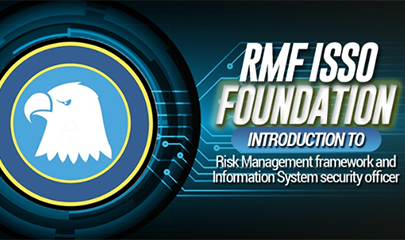 RMF ISSO Foundations Course By Bruce Brown
1 × $62,00
RMF ISSO Foundations Course By Bruce Brown
1 × $62,00
Apollo 11: Lessons for All time By Vejas Gabriel Liulevicius, Robert Hazen & Edward Murphy
$5,00
SKU: KOB.53285sEpybV
Category: Science
Tags: Apollo 11, Edward Murphy, Lessons for All time, Robert Hazen, Vejas Gabriel Liulevicius
Apollo 11: Lessons for all time – Instant Download!
Let’s embark on a captivating adventure to uncover remarkable insights that spark your curiosity and elevate your understanding
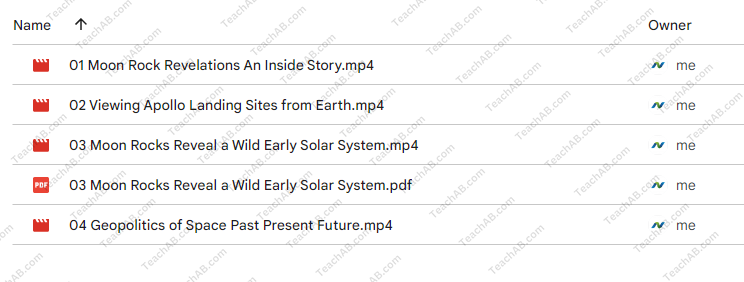
Apollo 11: Lessons for All time By Vejas Gabriel Liulevicius, Robert Hazen & Edward Murphy
Overview
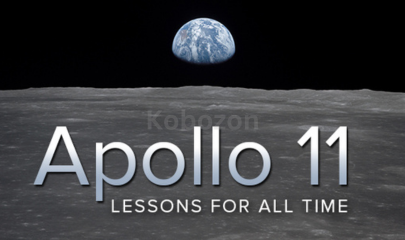
Apollo 11: Lessons for all time
The Apollo 11 mission stands as a monumental achievement in human history, being the first successful manned lunar landing in July 1969. The mission was not merely an exploration of space; it was a pivotal point in global geopolitics, a display of technological might, and an era-defining event that encapsulated the socio-political environment of the time, particularly during the Cold War. The lecture series “Apollo 11: Lessons for all time,” presented by Professor Vejas Gabriel Liulevicius, offers a comprehensive examination of these themes, enriching our understanding of how this mission was interwoven with historical narratives and its implications for the future. This exploration, along with insights from notable scholars like Robert M. Hazen and Edward Murphy, serves as a reminder of the lessons that resonate even today, spanning from scientific advancements to broader human achievements.
Historical Context and Geopolitical Significance
The Apollo 11 mission was much more than a trip to the moon; it was a demonstration of ideological supremacy in the backdrop of the Cold War. It is important to understand that the space race was not just about space exploration but also about national pride and political power. The narrative shifted from mere competition to a contest of scientific prowess. The US landing on the moon was a clear signal to the world that America was at the forefront of technology and innovation. Professor Liulevicius articulates this dichotomy beautifully, stating that the moon landing was a “beacon of progress” amidst a tense geopolitical landscape.
This context is essential in evaluating why Apollo 11 was celebrated not just domestically in the United States but also scrutinized globally. Other nations watched as the mission unfolded, leading to a sense of awe and, for some, a sense of defeat. The successful mission allowed the US to rally support for its policies while depicting the Soviet Union as lagging. Aspects such as the astronauts’ pioneering spirit and the mission’s roll-out narratives were steeped in symbolism, representing the hopes and aspirations of not only an American populace but a world yearning for a future characterized by exploration and peace.
Key Takeaways from the Historical Context:
- Ideological Battle: The Cold War shaped the narrative around the Apollo missions.
- National Pride: The success elevated America’s global image.
- Global Perception: The mission was celebrated worldwide, examining US vs. Soviet prowess.
This duality in historical understanding posits the question: What can modern-day leaders learn from the Apollo 11 mission’s geopolitical implications? Just as President Kennedy rallied a nation to see beyond itself, today’s leaders could benefit from framing ambitious goals within a collaborative, global narrative that transcends borders.
Scientific Revelations Derived from Apollo 11
The scientific discoveries resulting from the Apollo 11 mission are profound. The lunar samples returned to Earth provided unprecedented insight into the composition and history of the moon, and by extension, the early solar system. This intersection of scientific inquiry with space exploration has become a cornerstone for further explorations and even for missions to Mars, showcasing the enduring legacy of Apollo 11.
Robert Hazen’s contributions to understanding mineral evolution shed light on the potential for life-forming strategies on celestial bodies. His research emphasizes the role of minerals in biochemical processes, a theme that resonates particularly well with the findings from the Apollo missions. His work on the deep carbon cycle has advanced our understanding of how these elements interact within planetary contexts, contributing to our knowledge base about not just minerals but also about atmospheres and potential habitability of other planets.
Notable Discoveries from Apollo 11:
- Lunar Samples: Analyzed for isotopes that revealed the moon’s geological history.
- Topographic Mapping: Enhanced our understanding of lunar and terrestrial geologies.
- Astrobiological Implications: Insights into how early life might have developed with the help of minerals.
These critical findings not only broadened our understanding of the moon but also reaffirmed the interconnectedness of Earth’s geology with other celestial bodies. Astronomy and geology are intrinsically linked; unlike our ancestors, modern scientists understand better how a study of the stars can also yield insights about life on Earth.
Socio-Political Narratives Shaped by Apollo 11
While the scientific achievements of Apollo 11 are celebrated, its socio-political narratives present a complex tapestry of human ambition, fear, and dreams. The mission inspired a generation, creating what Professor Liulevicius refers to as a “spacefaring consciousness” among human beings an understanding that exploration can lead to incredible advancements both scientifically and culturally.
This drive for human exploration and discovery was further highlighted by the commitment to cooperation in science. Missions like Apollo 11 remind us of the importance of collaboration among scientists globally. Edward Murphy’s work, although more grounded in Earth sciences, echoes this need for cooperation. His studies on deep Earth processes might not have direct ties to lunar exploration, yet they emphasize that understanding our planet is vital for undertaking missions to other celestial bodies.
Societal Impacts of Apollo 11:
- Cultural Inspiration: A catalyst for a generation of dreamers and scientists.
- Global Collaboration: The mission set a precedent for international cooperation in space.
- Technological Boom: Enabled advancements in diverse fields, from computing to telecommunications.
As we navigate today’s challenges, from climate change to geopolitical tensions, reflecting on the collaborative spirit and risk-taking nature that defined Apollo 11 may offer vital lessons for contemporary society. This mission teaches us that monumental achievements result not only from governmental ambition but from societal will and collaboration.
The Lasting Legacy of Apollo 11
As we look back on the significance of Apollo 11, it’s evident that lessons derived from this monumental event continue to resonate through various sectors of scientific research, technological advancements, and political narratives. Reflecting on how space exploration shaped our understanding and approach to global cooperation can offer valuable insights for future generations.
The mission’s success laid the foundation for subsequent space endeavors, such as the Mars Rover missions and telescopic studies beyond our solar system. Moreover, they galvanized public interest in science and technology, inspiring countless individuals to seek careers in STEM (Science, Technology, Engineering, and Mathematics) fields.
Components of Apollo 11’s Legacy:
- Inspiration for Future Generations: Stimulated interest in STEM fields.
- Advancement of Technology: Provided impetus for innovations that have permeated everyday life.
- International Space Cooperation: Established a framework for collaborative efforts in space exploration.
In sum, the Apollo 11 endeavor serves not merely as a footnote in the annals of human history; instead, it stands as a testament to the indomitable human spirit. The overlapping stories of scientific, political, and social dimensions represent the multidimensional nature of such grand achievements, proving that the lessons learned from Apollo 11 are indeed lessons for all time.
When contemplating the implications of this mission today, we are reminded that with great ambition comes the potential for great progress if we dare to imagine, to collaborate, and to venture beyond the limits of our understanding.
Frequently Asked Questions:
Innovation in Business Models: We use a group purchase approach that enables users to split expenses and get discounted access to well-liked courses. Despite worries regarding distribution strategies from content creators, this strategy helps people with low incomes.
Legal Aspects to Take into Account: Our operations’ legality entails several intricate considerations. There are no explicit resale restrictions mentioned at the time of purchase, even though we do not have the course developers’ express consent to redistribute their content. This uncertainty gives us the chance to offer reasonably priced instructional materials.
Quality Control: We make certain that every course resource we buy is the exact same as what the authors themselves provide. It’s crucial to realize, nevertheless, that we are not authorized suppliers. Therefore, the following are not included in our offerings: – Live coaching sessions or calls with the course author.
– Entry to groups or portals that are only available to authors.
– Participation in closed forums.
– Straightforward email assistance from the writer or their group.
Our goal is to lower the barrier to education by providing these courses on our own, without the official channels’ premium services. We value your comprehension of our distinct methodology.
Be the first to review “Apollo 11: Lessons for All time By Vejas Gabriel Liulevicius, Robert Hazen & Edward Murphy” Cancel reply
You must be logged in to post a review.

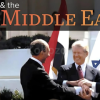


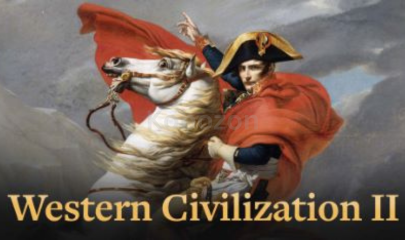







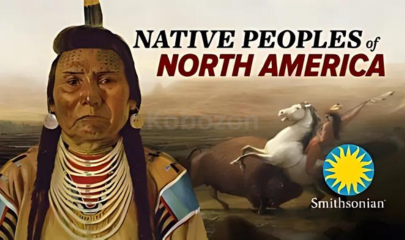
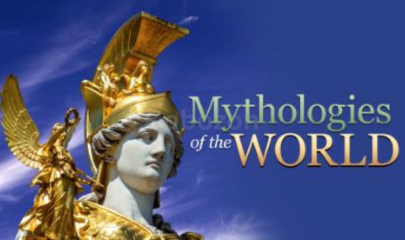



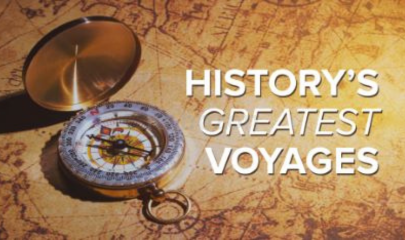
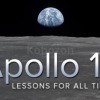
Reviews
There are no reviews yet.